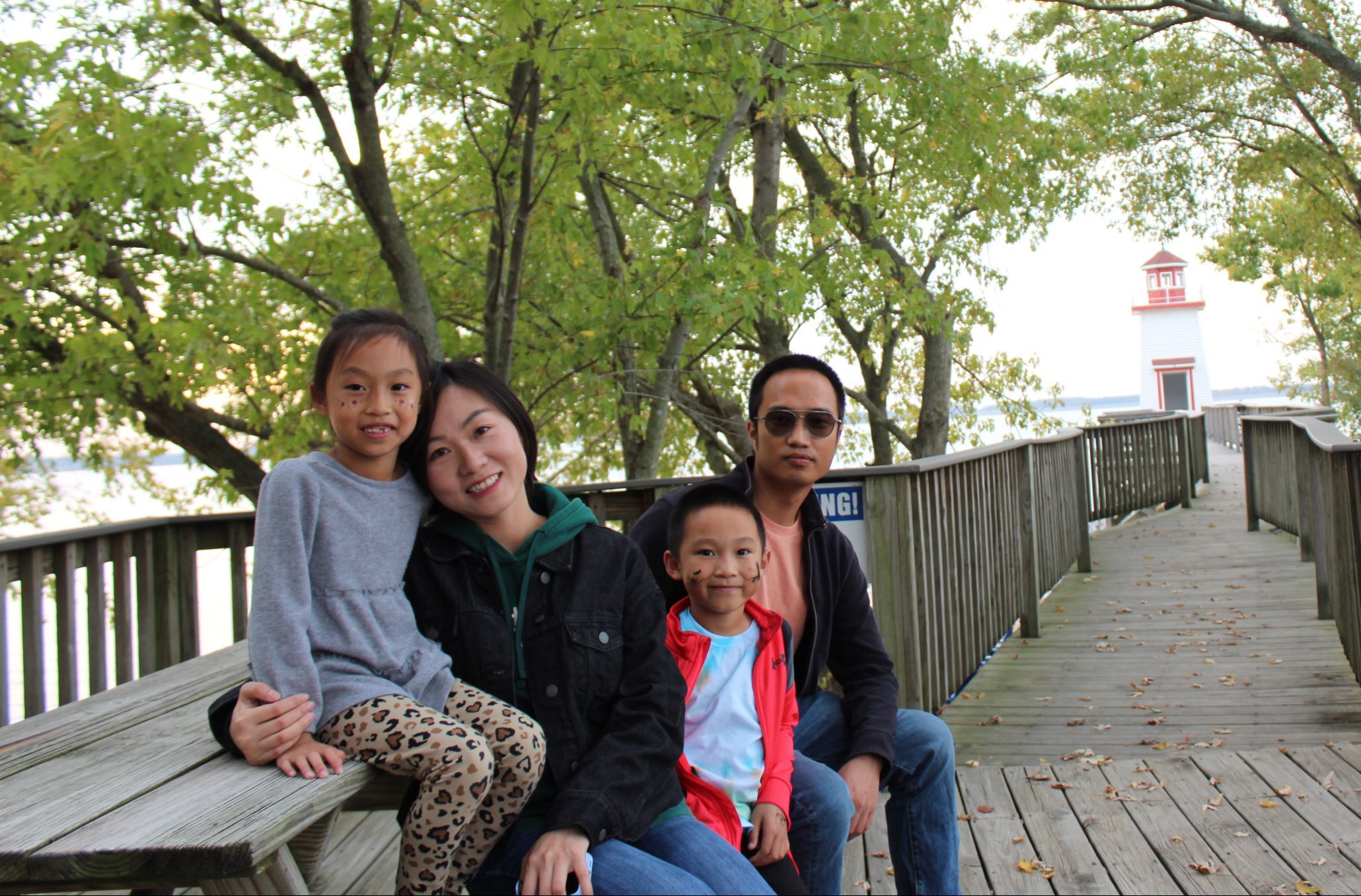
Source: Beth Jordan Lotus Therapist
If you have decided to seek help through therapy after experiencing sexual violence, congratulations—you’ve taken a big step on your journey to hope, healing, and growth! Yet, choosing the right therapist can seem like a daunting task. Finding the best fit can make all the difference in your therapeutic experience. Lotus therapist, Beth Jordan, gives her expert advice on what describes a great therapist/client relationship.
What You Should Expect
You might be nervous to walk into (or log into, if you are using telehealth) your first session with your new therapist, and that’s okay. Beth describes what a normal first session might look like.
In the first session, your therapist will be focused on understanding your current challenges as well as goals for therapy. This is also a chance for your therapist to learn about your support system, hobbies, as well as family and health information. As the client, you are also welcomed to ask any questions or share concerns about the therapy services provided.
If you don’t feel like the therapist hears or understands you, the relationship might not be the best fit to help you recover. It’s important that you feel as if your therapist is working with you toward the same goal throughout therapy.

Your first therapy sessions will give you and your therapist a chance to get to know one another.
What’s Next?
Now that you have met your therapist and have gotten a feel for their approach, it is time to decide if this person is a good fit.
Characteristics of a positive therapist/client relationship include:
- Strong therapeutic alliance: You have a purposeful and collaborative relationship with your therapist.
- Connection: When talking with your therapist, you feel like you are working together to achieve your desired outcome.
- Being heard and understood: You feel as if you are understood by your therapist. You feel safe to show up as your true self and be able to share open and honestly.
- Safety: It is a priority for you to feel safe in your relationship with your therapist.
- Unconditional acceptance: You feel a sense of openness and trust with your therapist.
If you feel a sense of discomfort or have reservations about sharing your feelings, these are signs that the therapist might not be the best fit. Also, if you feel like your therapist doesn’t have a good understanding of your goals during therapy, this is a strong indication that you should keep searching for a better fit.

Your therapist will help you identify goals, coping strategies, and ways to build resilience.
Where Should You Start?
It takes courage to survive, seek help, and heal from violence. Our Sexual Violence Resource Center provides support and advocacy services to individuals of all ages who have been impacted by sexual abuse and assault.
You can contact our 24-hour helpline at 1-800-928-7273 to receive confidential support from a trained advocate.
Advocates can connect you to resources that can assist with your next steps toward healing and recovery, including therapy services.
You can also explore our website to find additional resources. Together, we can hope, heal, grow!







